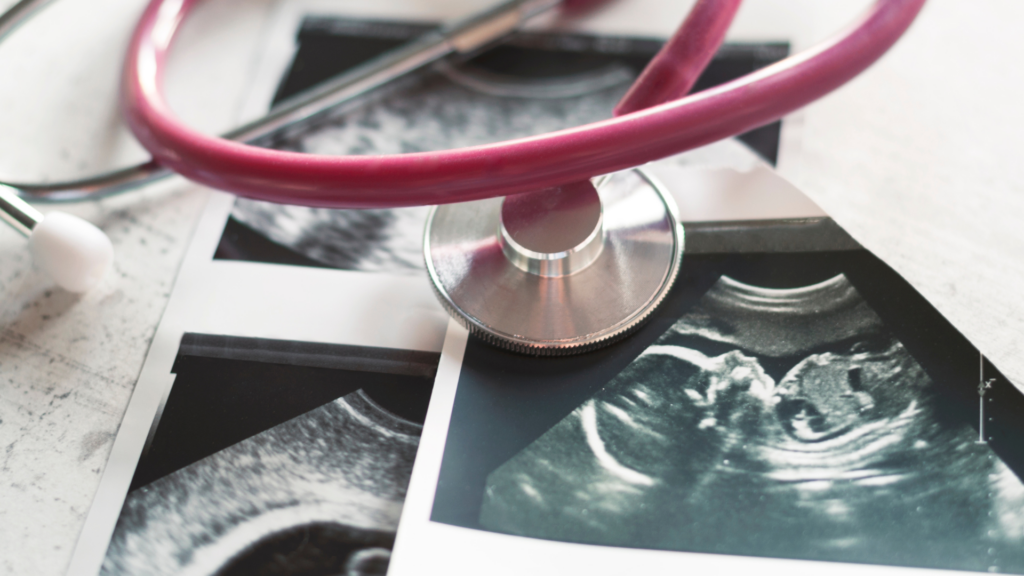Research from UHasselt published in the prestigious journal The Lancet Planetary Health shows that it is possible for air pollution to cause damage even before babies are born. Researchers discovered particles of soot in the vital organs of newborn and aborted babies.
For the study, researchers examined 60 women from Limburg who had just given birth. It revealed that the soot particles are entering the blood of the fetus via the mother's blood. "The mother inhales the soot particles and through her lungs, they then enter her blood," said Environmental Epidemiologist Tim Nawrot (UHasselt). "Via the placenta, they subsequently enter the child's blood."
To research the effects on unborn babies, UHasselt collaborated with the University of Aberdeen and asked Scottish women undergoing abortions for non-medical reasons to take part in the SAFeR project. Subsequently, the vital organs of fetuses were also examined. "In every foetus we examined, we found such particles," says Nawrot.
The study was conducted in Belgium on the Limburg birth cohort of the Hospital Oost-Limburg and in Scotland on a biobank of tissue from aborted fetuses. Mothers who smoke were excluded from the study because the harmful effects of smoking are already known.
Air quality
"The soot is the very finest fine dust that enters the bloodstream via the lungs," explained Nawrot. "Everything related to combustion causes these particles: traffic, shipping, industry, heating and so on. We detected more soot in the umbilical cord blood of mothers who live near a busy road, for example."
Belgium ranked 82 for air quality - with 1 being the worst quality – on a global ranking last year. Even in Scotland, which is among Europe's regions with the best air quality, babies bear the marks of pollution. "There have already been studies showing that children growing up in high-pollution areas perform worse cognitively and are also more likely to develop asthma," said Nawrot. "It is possible that the effects of air pollution start as early as the womb. So even before a child breathes, it is exposed to it."
Nawrot stressed that the main aim of the research is not to stress pregnant women but to "make the world aware of the risks."
Stricter standards are necessary
The researchers say that the study "further proves the importance of limiting soot particle emissions", pointing firstly to the need to burn fewer fossil fuels.
Nawrot called for stricter standards: "Set standards tailored not to the healthy thirty-something, but to the most sensitive period of life, when a person is still developing."
As to whether there are measures individual women can take to protect their unborn child, Nawrot explained that people "are always breathing, so that is difficult. However, there are air purifiers that definitely work."
PhD student Eva Bongaerts said that in further research, "we want to study and try to unravel the mechanisms behind these health risks." The researchers will try to assess the effects of air pollution on unborn babies. Among other things, they will look at whether there is already damage to cells or DNA at that early stage.
The groundbreaking research is funded by Stand Up To Cancer and has been published in The Lancet Planetary Health.

